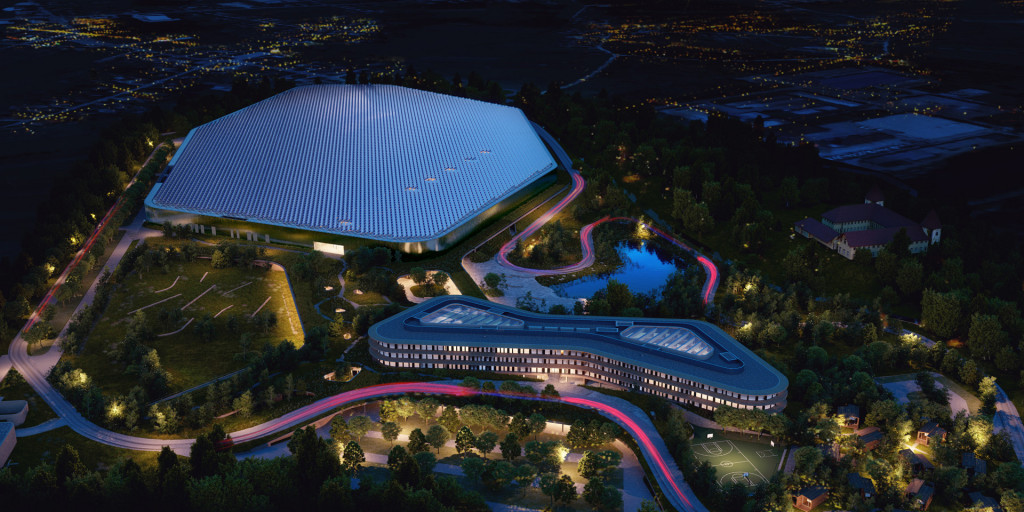BMW Group will rely on Rimac for the supply of batteries for its next-generation electric vehicles under a new partnership announced on Tuesday.
Full details will be announced at a later date, but the two companies in a joint statement said the long-term partnership will see Rimac deliver high-voltage batteries to BMW Group for EVs starting from the second half of the decade.
The timing points to the batteries likely ending up in BMW's upcoming Neue Klasse range of EVs, though the batteries may also be for models from fellow BMW Group brands Rolls-Royce and Mini.
The deal is a major coup for Rimac which until now has only been supplying technology for niche applications, including its own line of electric hypercars. Rimac, whose founder Mate Rimac started the company almost two decades ago by converting a 1984 BMW 3-Series into an EV, is establishing new production lines for the batteries. The company said this will take up a significant portion of its headquarters, known as the Rimac Campus, located near Zagreb, Croatia.

Artist's impression of Rimac's new headquarters to built in Zagreb, Croatia
BMW Group is also building its own battery plants and already sources batteries from other suppliers, including China's CATL which has also been tapped to supply the new cylindrical cells that BMW will use in its Neue Klasse EVs. The cylindrical cells (instead of the current prismatic cells), together with other improvements, should result in a range improvement of 30% over BMW Group's current battery technology, according to the automaker. Charging times are also expected to be significantly improved.
The first Neue Klasse vehicle, thought to be a redesigned iX3 based on the design of the Vision Neue Klasse X concept (shown main), will be built at a plant under construction in Debrecen, Hungary, starting in 2025. Neue Klasse vehicles will also be built at existing BMW plants in Germany and China, starting in 2026, and in San Luis Potosí, Mexico, starting in 2027.
